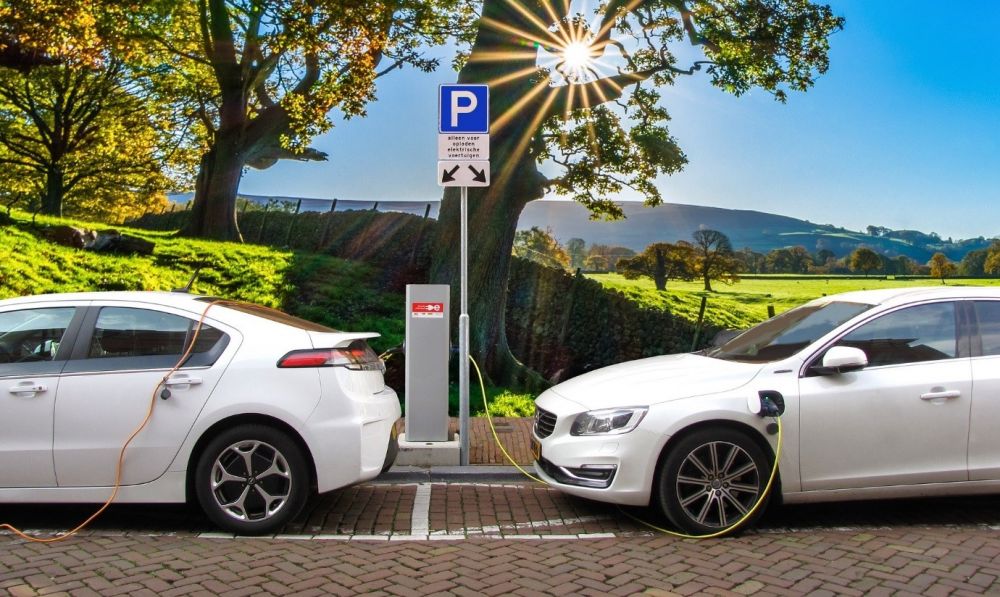The electric vehicle revolution – is the UK’s energy supply optimised to support it?
The electric vehicle revolution is fast approaching and the UK needs to ensure its energy supply is optimised to support this.

The electric vehicle revolution is fast approaching and the UK needs to ensure its energy supply is optimised to support this.
In recent research released by the National Grid, it is estimated that 11 million Electric vehicles (EVs) will hit the roads by 2030, 10 years before the government’s deadline to ban petrol and diesel vehicles. They predict this number to increase to 36 million by 2040. EV growth goes hand-in-hand with electricity decarbonisation with smart charging vehicle-to-grid technology.
Last week Jaguar Land Rover announced that they have installed the UK’s largest charging facility for EVs at its Gaydon Engineering Centre. The 166 smart charging outlets have been fitted to encourage a greater uptake of electric vehicles by employees.
Following this announcement, recent news shows how a consortium of companies have embarked on a project to build grid friendly car parks in Edinburgh. The project will use vehicle-to-grid (V2G) technology at six sites to enable cars to deliver electricity back to the smart grid. This would allow an estimated 150 electric vehicles to be charged without placing further pressure on an already-constrained grid. The consortium said it aimed to "help power the electric vehicle revolution."
The predicted increase in EVs will no doubt have a significant effect on our electricity system, with new EV models flooding the market, government reforms, local council incentives, and increased access to re-charge stations away from home, growth of the electric vehicle market will certainly rise.
The National Grid’s report states “We are entering a new world of energy. The expected growth of low carbon and decentralised generation means the electricity system will need to change.”
It will require a balancing of demand and supply and power flows which will become “increasingly complex and need a coordinated approach across the whole industry.”
The question is, is the UK ready for this ‘electric vehicle revolution’?
Louis Shaffer, EMEA distributed energy management segment manager at Eaton, agrees that the UK needs to take steps to ensure that the energy supply can meet growing demand. He argues that the construction of V2G car parks will be a “key enabler to the creation of the flexible energy system needed to support the UK’s future electricity use.” He further states that EV charging facilities need to increase at the workplace, in public car parks and at the supermarket to meet the high levels of consumer demand.
He concludes that, if the UK can accelerate the move to a renewables-led, flexible power system it will then be able to sufficiently support the expected leap in energy demand. However, “this will only happen if energy markets are designed and regulated in ways that unlock the full value of flexibility for the electric system.”
Interested in learning more about the transition to zero carbon transport? Join us in London for the Climate Innovation Forum (CIF) 2019, for the latest insights on zero carbon energy, transport, waste and buildings.
Click here for further information.







